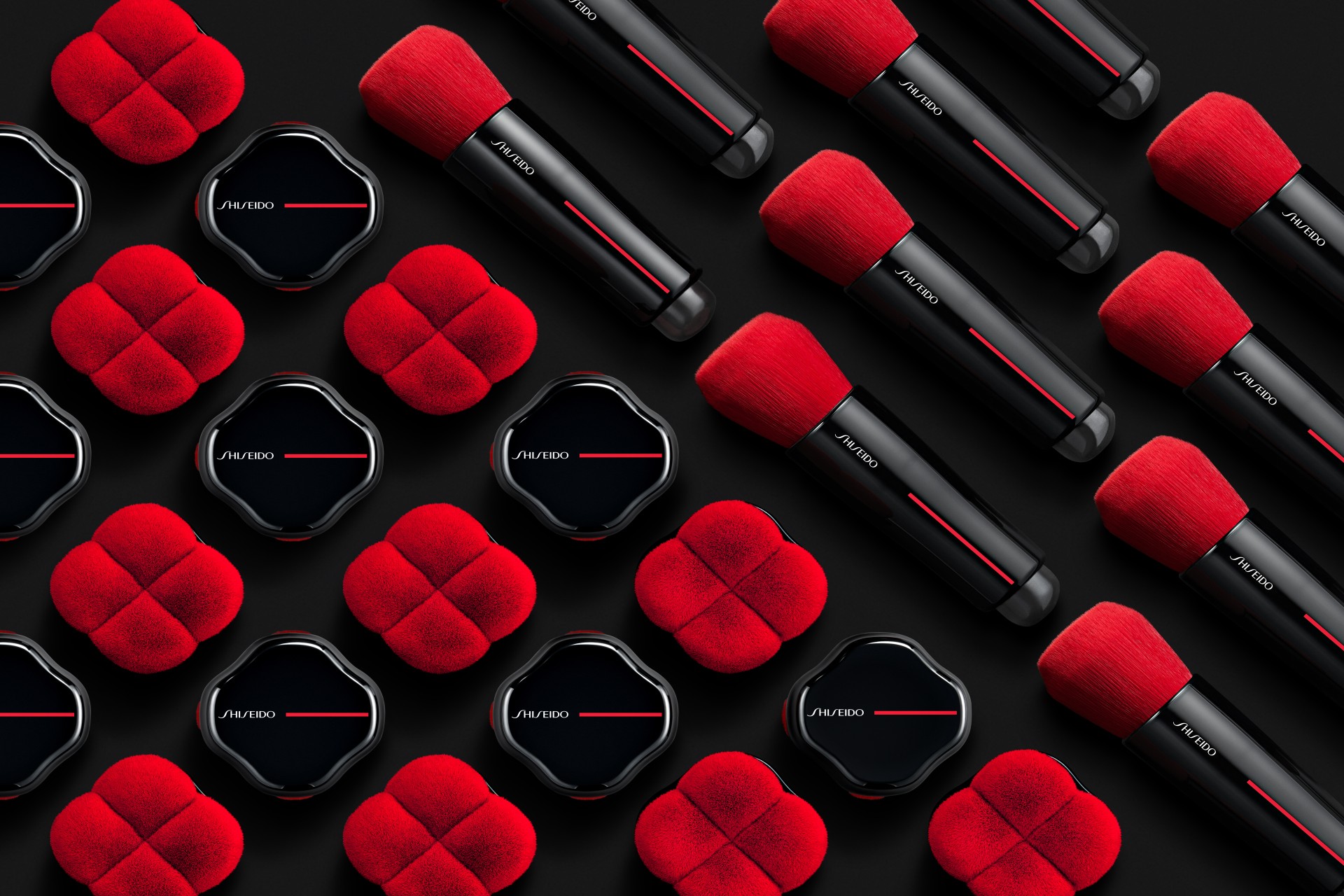iHack Alpha by Sentient.io Unveils AI Powered Solutions for Business & Social Challenges
Share
As a known fact, the retail scene globally has been in a slump ever since the rise of e-commerce and digital devices. The pandemic-stricken year has pushed the sector further into gloom, with experts predicting sales to be declining by at least 10% year-on-year in the Southeast Asia region. On top of that, businesses are grappling with the challenge of engaging increasingly distracted customers in the digital space. With the tighter squeeze, brands are also re-looking at innovative yet cost effective ways to enhance customer service experience in order to build loyalty.
Recognising these challenges that companies are facing, Sentient.io has launched an online hackathon, the iHack Alpha, to tackle the aforementioned problems through AI-enabled solutions. The hackathon, which concluded on 5th January saw over 1000 developers who participated. Developers could work either individually or form a team of maximum four members to work on any of the four stipulated themes: Retail, Customer Service, Media, and Accessibility.

In each of these themes, a problem statement is provided, and developers are free to identify opportunity areas they would like to explore and ideate upon. To illustrate, the problem statement given under the theme of retail is: How can you use AI to help retail evolve and stay relevant? With this, developers could for instance, identify how more retailers are adopting the online-to-offline (O2O) strategy to drive foot traffic to physical stores. Developers can then propose and design tools that will help businesses overcome the digital blind spot in marketing when going from O2O.
Contrary to the common “job stealing” notion that has been assigned to AI advances, the many innovations that stem from this hackathon alone, has proven that AI can serve as an enabler.
Among the eight shortlisted ideas to the prototype phase, is the GeoFencing project. The project aims to help market the small local businesses or mom-and-pop stores who are overshadowed by giant corporations and do not have an online presence. The solution is to develop extensions or mobile apps that will help consumers to locate products that they are keen on purchasing, nearby. The idea is to help people get to know the shops in their vicinity. This provides the smaller businesses the opportunity to be considered as an alternative, without having to spend exorbitant dollars on advertising. To set the idea in motion, the team had employed various microservices from Sentient.io, including the Object Detection Microservice, Web Scraping API, as well as the Base 64 Encoding and Decoding Service.
Empowering the Disabled at the Heart of iHackAlpha
With a large proportion of the submissions targeting the accessibility theme, the single socially related theme is seen to have gained the most traction among contestants. An 80% unemployment rate in Southeast Asia, for persons of disability is indeed a note for concern. Many teams of developers have expressed with full conviction in their presentation that this societal group has just as much to contribute as the general population, if they were provided with proper assistive technologies.
“Even with valuable skills and experiences, visually impaired people often find great difficulty in securing employment. After so many technological advancements in the last few decades, we still fail miserably at disability inclusion in the workplace. One of the main reasons for this lies in the fact that organizations fail to deploy assistive technologies for the visually impaired at the workplace.
The most sustainable way to include the visually impaired population in the workforce is by considering it as a value-add transaction instead of going from a social responsibility perspective. Considering disability inclusion as a value-add transaction means that we want to bring in a disabled person into the workforce not because it is a social responsibility but because they have the necessary skills and resources to bring value to the organization. Therefore, in order to solve this problem of blind inclusion in the workplace, we must focus on making assistive technologies more accessible to this population,” said one of the finalists.
The group then went on to propose a smart glass, which they named iGlass, to help visually impaired persons perform more productively at the workplace.
“In this device, we attempt to integrate features from different assistive technologies like screen readers, canes etc into a single device using recent technological advancements in artificial intelligence and embedded systems. The visual data from the surrounding is captured using a camera mounted on the smart glass. This visual data is then fed into a pipeline running on Raspberry Pi to generate auditory data using different sentient.io microservices and AI models,” the group explained.
In other words, the necessary information captured through features such as image captioning, face recognition, emotion recognition, optical character recognition is then conveyed to the person seamlessly in audio format, through the bone transducer. It simulates the voices in one’s head that relays information regarding the immediate surrounding.
“I was impressed with iGlass, though Google Glass had attempted this and failed, at least for now. It was amazing how much the team accomplished in a short period of time,” said one of the six judges, Ms Christy Davies, Executive Director of Lien Centre at Singapore Management University.
When asked what she was looking out for in the submissions, Ms Davies said: “First and foremost, did the invention or solution meet the needs of their defined client? I looked for a clear problem statement and a systematic thought process which then used data or AI as the tool and vehicle to tackle their problem. I was also curious to a clear motivation of why they chose the issue they did because a solution is often more effective when it is emotionally or very practically connected to the heart and passion of the entrepreneur or coder”.
It was certainly heartening that despite it being a hackathon contest, many teams bore the common goal of empowering and improving lives through their innovative ideas and skilful application of AI technologies.
Winning Concepts and Prototypes
The project which clinched first place was titled the Artificial Voice, a two-way chatting app for blind-deaf people to communicate with others. To send a message, the blind-deaf person can simply tap the screen, using either short tap (representing dots) or long taps (representing dashes). The Morse code written by them is then converted into English text for the other party to read. On the flipside, incoming messages from the other party are converted into vibrations of dot & dash for blind-deaf people to understand.
“The idea for the project is inspired by the Helen Keller story we studied in school days, where Anne Sullivan used to write on Helen Keller’s palm to communicate with her. So, we thought why can’t we replace Annie with a mobile phone, which can communicate with the deaf blind by sending a message with haptic feedback,” said Mr Harsha Satya Vardhan, the team leader of project Artificial Voice.
Taking into consideration that subjects could be together at the same place or communicating across different locations, the team behind the project has also included the ‘near’ and ‘far’ feature. The ‘near’ feature can be activated when both parties are at the same place. When the person without disability speaks, it is converted into vibrations via Morse code in real time for the blind-deaf person to understand the message. The blind-deaf person will also be able to give a reply in real-time by tapping on the screen of the app. Using Sentient.io Text to Speech and Automatic Speech Recognition services, the Morse Code is converted to speech that is heard audibly by the other party.
“I like the Artificial Voice submission because it is something which can really benefit a group of very marginalized people and bridge some of the communication gap with others.” said one of the internal judges, Eddie Leong, VP Operations of Sentient.io.
The team behind Artificial Voice was overjoyed when they were announced as the winner of iHackAlpha Challenge.
“Mahesh and I have been working very hard for three months on this project and had many iterations. We look forward to improving the current prototype and the lives of the visually impaired individuals through our project,” said Mr Vardhan.
The second and third place were awarded to project MeetDocs and Buddy respectively. The former is a website that allows people with hearing impairment to take voice notes during a meeting. Meanwhile, the latter is a mobile app which resembles a virtual mentor or friend for people with neurodevelopmental disorder, including Autism spectrum disorder and dyslexia. It works as a translator that translates pictorial representations to normal text and vice-versa to fill the communication gap in a virtual working environment.
With regards to the concept behind the project, the team explained that people with neurodevelopmental disorder often face difficulty comprehending long paragraphs, along with the tone. The app can help users to identify a variety of tones present in a sentence, including the emotional aspects and language style. It also provides a visualisation of words, as well as additional related content (Wikipedia article) for better understanding. The project is intended to provide these employees with greater ease of communication and in turn, efficiency at work.
“The biggest challenge we face while working on our project is managing our time since we have limited time developing, planning, and testing the products. The other challenges we face were creating an impactful solution that addresses the problem and attempting to solve it to a more considerable extent.
“But our desire to make people’s lives better using technologies and the support of Sentient.io mentors helped in the successful completion of the product,” said Mr Ashutosh Gupta, the team leader of project Buddy.
Among the judges was Mr Etsushi Tsuru, Managing Director of Asahi Shimbun Asia, who expressed that he was looking out for solution level, business scalability and profitability. He noted that the submissions contained unique ideas and concepts, which completely matches the frame of open innovation and intent of a hackathon as such.
Other criteria include, but are not limited to code quality, technology used, overall usability and user experience.
About Sentient.io
Sentient.io empowers developers and enterprises by enabling easy integration of AI capabilities into their solutions and software through the Sentient.io AI & Data platform.
Our platform allows developers with no AI experience to easily find and use powerful pre-trained AI models as well as data sets through API calls, allowing you to rapidly and effortlessly add AI capabilities to projects.














